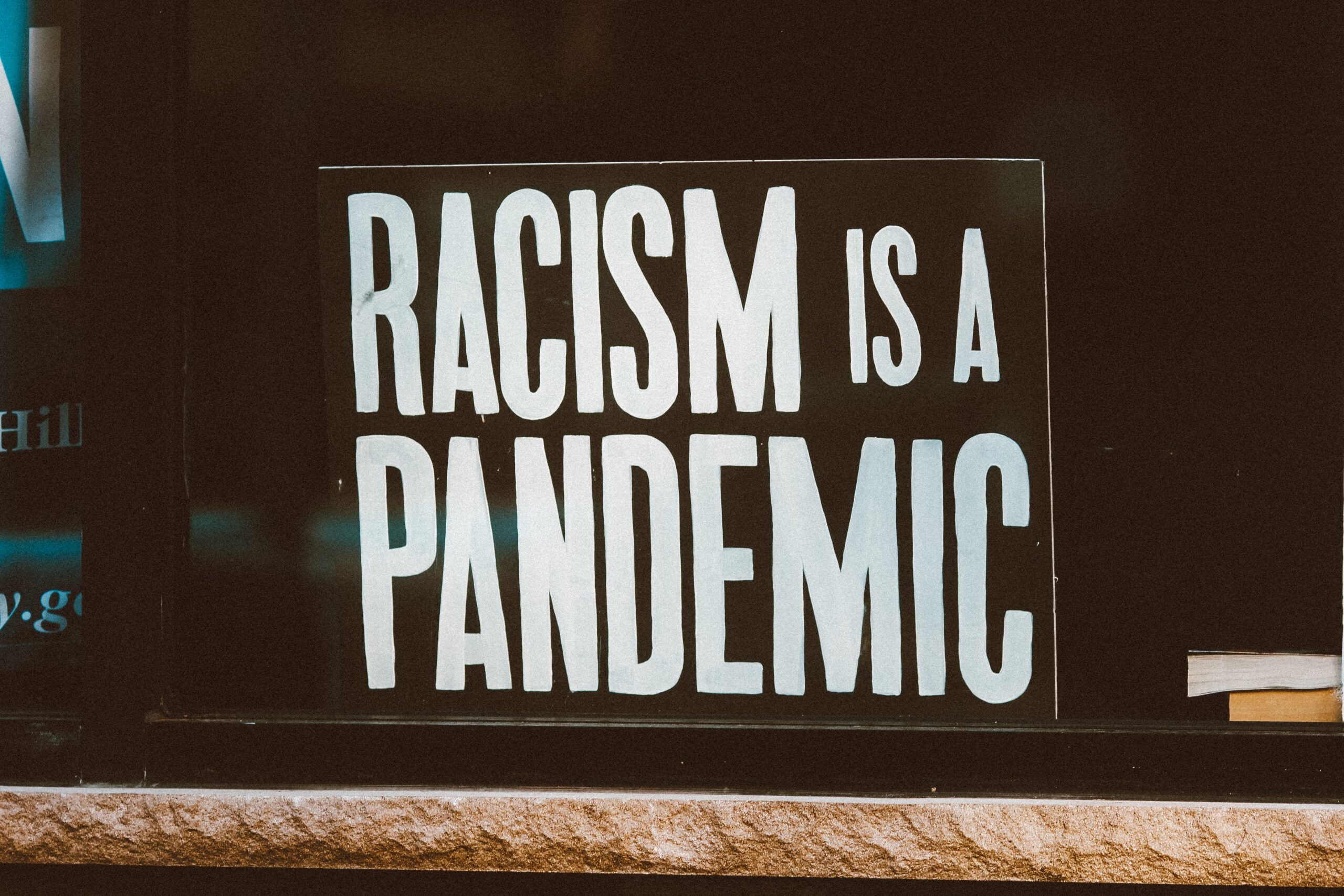Black Lives Matter Website
https://blacklivesmatter.com/
Black Alliance for Just Immigration
https://baji.org/
Color of Change
https://colorofchange.org
Why You Should Support Black Lives Matter
https://www.dnaweekly.com/blog/support-black-lives-matter-reasons/
Pam Benson Owens
Edge Of Your Seat Consulting
https://www.pamelabensonowens.com/
Dr. Joel P. Martin
President of Triad West, Inc.
http://positivelypowerful.com/
Financial Literacy in the Black Community
http://annuity.org/financial-literacy/black-community/
Provided by: Trevor Cardini
Annuity.org Outreach Specialist | [email protected]
9 Steps to Stay Safe While Supporting BLM
https://www.vpnmentor.com/blog/support-black-lives-matter-online/
Examples of BLM-Related Cyberattacks and Bullying
https://www.vpnmentor.com/blog/support-black-lives-matter-online/#Examples-of-BLM-Related-Cyberattacks-and-Bullying
What is Critical Race Theory
https://www.perlego.com/knowledge/study-guides/what-is-critical-race-theory/
Racism exists. If you don’t believe racism exists, you’re probably part of the problem. I know what racism looks like because I was raised in a middle-class white family many of whom were racists. I have so many stories from my upbringing that should have shaped me in a different way. I like to think that I’ve personally evolved to be a better person when it comes to topics like racism. Now I want to help where I can. It’s not going to be an easy journey for anyone, but it has to start somewhere and we all have to be part of the change.
Systematic racism and unconscious bias are prevalent in our communities and they negatively impact black people and people of color.
A list of over 180 Black Owed Businesses: https://www.websiteplanet.com/blog/support-black-owned-businesses/
The Far Reaching Impacts of Racism and Bias: https://www.nationalacademies.org/news/2020/12/the-far-reaching-impacts-of-racism-and-bias
What does it mean to be an Anti-Racist: https://www.nlc.org/article/2020/07/21/what-does-it-mean-to-be-an-anti-racist/
What is Anti-Racism: https://www.businessinsider.com/what-is-anti-racism-how-to-be-anti-racist-2020-6
Check out the section below on 10 Ways To Be Anti-Racist
Anti-racism is understanding how years of federal, state, and local policies have placed communities of color in the crises they face today, and calling those policies out for what they are: racist.
It also requires an understanding of one’s own position in a racist society, many say, an acknowledgment that you can’t simply opt out of living in white supremacy by saying you’re “not a racist” — you have to actively fight against it. “Anti-racism is an acknowledgment of privilege in a way that, I think, simply disavowing racism is not,” Malini Ranganathan, a faculty team lead at the Antiracist Research and Policy Center said. “It takes seriously that we all are situated into different matrices of power and privilege, and the first step is to take stock of that and not to disavow it or invisibilize it.”
Excerpted from Article "What it means to be an anti-racist"
https://www.vox.com/2020/6/3/21278245/antiracist-racism-race-books-resources-antiracism

Adapted from an article by the University of Michigan
2019-2020 Peer Inclusive Educator (PIE) Team, Office of Multi-Ethnic Affairs (MESA)
https://mesa.umich.edu/article/10-ways-be-anti-racist
“In a racist society it is not enough to be non-racist, we must be anti-racist.”
– Angela Davis
As racial issues continue to dominate national attention in the United States, we must all continue to actively work to dismantle racism. Whether you realize it or not, racism affects everyone and manifests in your everyday life. Below are some tips we’ve compiled to help you to practice anti-racism.
Challenge yourself to engage in respectful conversation with people close to you when they make problematic comments by actively listening and utilizing the E.A.R.S strategies (credit: Dr. Kathy Obear).
Explore, inquire and ask questions(s)
Acknowledge their feelings
Restate what they said to check for accuracy
Exploring Solutions together
Actively seek race-related events and events on Diversity, Equity & Inclusion. Conduct research on local non-profit organizations to locate resources and opportunities to engage. Many of these events are free and open to the public! Additionally, fine Anti-Racism seminars or events that focus on identifying how racism shows up in everyday life and offers strategies dismantle racism.
Subscribe to newsletters from nonprofits focused on racial equality and diversify your news outlets to include different viewpoints, ideologies, etc. Utilize different resources (i.e. educational videos, news articles) with more nuanced analysis through a lens of race/ethnicity, including updates and action steps.
Take race and ethnicity focused courses outside what is required for your major or area of study. Engaging in classes you wouldn’t otherwise take allows you to gain more-in-depth perspectives and knowledge of current racial disparities through history exploration, contemporary issues, and theory. Some departments that offer classes related to race may include Asian Studies, The Program on Intergroup Relations (IGR), African American Studies, Islamic Studies, Latino/a Studies, CASC, American Culture, and Arab American Studies.
Step out of your comfort zone to engage in conversations that challenge the way you see the world by exchanging stories and sharing different perspectives. Learning about other people’s lived experiences can broaden your preconceived notion of racial issues.
Try to practice active listening by listening to understand rather than listening to respond. When you choose to engage, do not assume you know or understand the experiences of marginalized communities, especially those you do not identify with. If people share their experiences with you, be sure to affirm and validate their experiences while being cautious of the space you are occupying.
Institutional and systemic barriers have led to a lack of representation and support for many marginalized communities in mainstream media, politics, and organizations. It is important to champion their work in movies, art shows, books, and music by promoting it on social media, purchasing their materials, and recognizing their contributions to their respective industries.
Locate organizations that are working within communities to enhance the lives of those disproportionately affected by racism. Support them by donating money (if possible), volunteering time, or spreading awareness of their mission.
Examples include:
“Where are you really from?”
“What are you?”
“You sound white” or “You’re really well-spoken.”
“I don’t really see you as Indian.”
“You have really big eyes for an Asian person.”
During a national crisis, such as the Covid-19 pandemic, do not scapegoat certain racial and/or ethnic groups for the crisis. Blaming entire communities for crises can lead to increased violence and overt discrimination towards the targeted group(s). Remember that the U.S. consists of a diverse group of people and one’s race/ethnicity and/or skin color does not determine one’s claim to being American. Recognizing the racism behind certain comments or actions will allow you to
become a better ally to the targeted group(s).

Rich Brown
c/o 310Brands LLC
17631 Ventura Blvd #250
Encino, CA 91316
[email protected]
(818) 208-0074